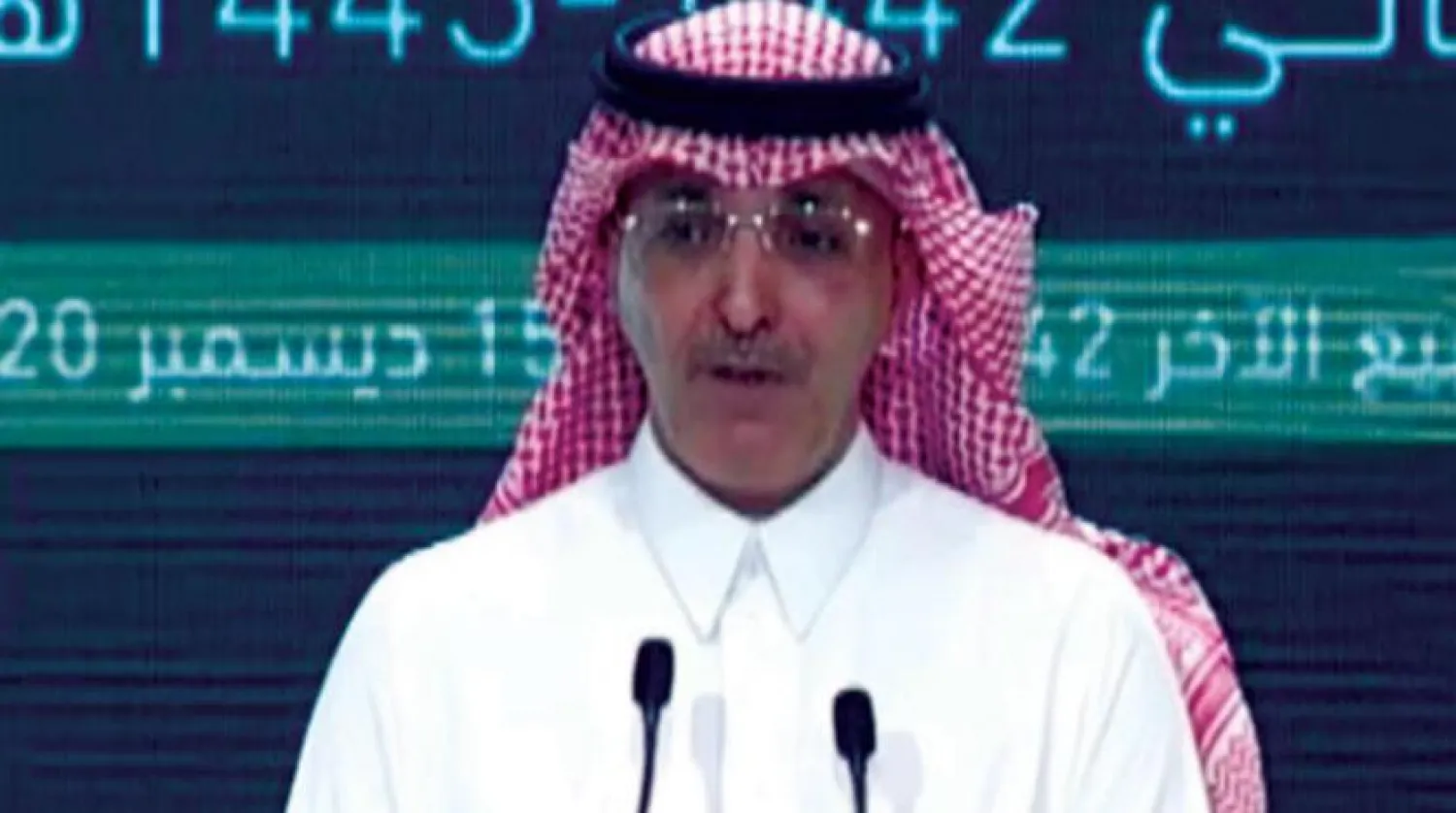Saudi Minister of Finance Mohammad Al-Jadaan said his government was seeking to empower the private sector and to provide it with new opportunities. He also pointed to a positive rebound with the resumption of economic activities.
Speaking at an annual conference of the State’s public budget, Jadaan, who is currently appointed Minister of Economy and Planning, noted that the industrial sector has lost a number of jobs during the pandemic, but added that a significant improvement was expected in the labor market in the post-Covid-19 phase, in parallel with an increase in job opportunities
In response to a question by Asharq Al-Awsat, the Saudi minister said that the current year would end with an inflation of 3.7 percent, adding that the rate would return to normal levels of 2 percent over the next two years.
The Minister of Finance emphasized that the government’s strategy was very clear in supporting and empowering the private sector. He stressed that the government did not intend to compete with the private sector, but rather to open the way for boosting its investments.
Jadaan added that Saudi Arabia’s achievements in recent years through Vision 2030 have helped to deal with the pandemic with high efficiency, pointing in this regard to the investments in digital infrastructure.
Regarding privatization projects, the minister said that those had a set of goals, including raising the quality of the services provided and increasing the private sector’s contribution to the economy, in addition to reducing government costs.
The Minister of Finance emphasized the Kingdom’s keenness to improve the citizens’ income and expand the economic base to create more jobs and investment opportunities for young men and women.
When the basic priorities are achieved, the citizen’s income will be the main focus of concern, he remarked.









